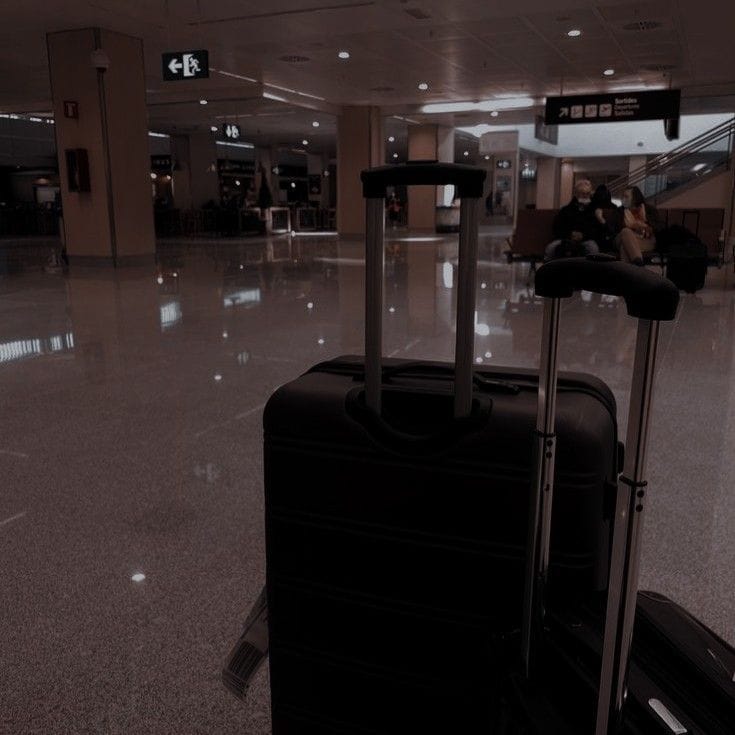Filipino Nurse Assistant Deported After Controversial Assault Case in New Jersey
A Filipino nurse assistant’s deportation after an assault case in New Jersey has ignited discussions on migrant worker rights, workplace safety, and justice for overseas Filipino healthcare professionals

The story of a Filipino nurse assistant’s deportation from New Jersey has stirred emotions and sparked important conversations about the challenges faced by migrant healthcare workers in the United States. What started as a tense incident at a rehabilitation facility quickly evolved into a legal battle, a community outcry, and a sobering reminder of the fragile position many overseas Filipino workers hold.
A Tense Moment Turns Into a Legal Storm
In October 2024, at the Crystal Lake Rehabilitation Facility in Berkeley Township, New Jersey, a routine day took a dramatic turn. Jovi Esperanza, a 31-year-old Filipino certified nursing assistant, and his colleague, Dhenmark Francisco, found themselves at the center of a serious assault allegation. The victim: a 52-year-old patient who ended up in critical condition after the altercation.
According to reports, the patient had been smoking inside the facility, an act that led to a confrontation. What followed was a chaotic scene where the patient allegedly became aggressive, throwing furniture and attacking Francisco. Esperanza and Francisco claim they acted in self-defense, trying to protect themselves and the patient from further harm. But the authorities saw it differently, charging both with aggravated assault-a charge that carries severe consequences.
A Community Rallies for Justice
News of the arrests quickly spread through Filipino communities both in New Jersey and back home in the Philippines. Advocacy groups like Migrante New Jersey stepped in, painting a picture of hardworking migrant workers caught in a difficult situation. They argued that the incident highlighted the tough working conditions and racial biases Filipino healthcare workers often face.
Supporters organized fundraisers, legal aid, and awareness campaigns, urging authorities to consider the context and the workers’ side of the story. The case became more than just about the assault-it became a symbol of the struggles many overseas Filipino workers endure daily.
From Jail to Deportation
Despite the community’s efforts, both Esperanza and Francisco were detained-first in the county jail, then transferred to U.S. Immigration and Customs Enforcement (ICE). Facing the daunting prospect of prolonged detention and legal battles, Esperanza chose voluntary deportation and returned to the Philippines in early 2025. Francisco’s deportation followed soon after, with the Philippine Consulate assisting in their repatriation.
A Wake-Up Call for Migrant Worker Protection
This case shines a spotlight on the vulnerabilities of migrant healthcare workers who, while providing essential services, often lack adequate protection and support. It raises urgent questions about workplace safety, legal fairness, and the need for stronger advocacy for overseas Filipino workers.
As Esperanza and Francisco reunite with their families, their story resonates as a powerful reminder: behind every migrant worker is a human being deserving of dignity, justice, and compassion. Their journey urges us all to reflect on how we can better protect those who care for others, often far from home.

Comments ()